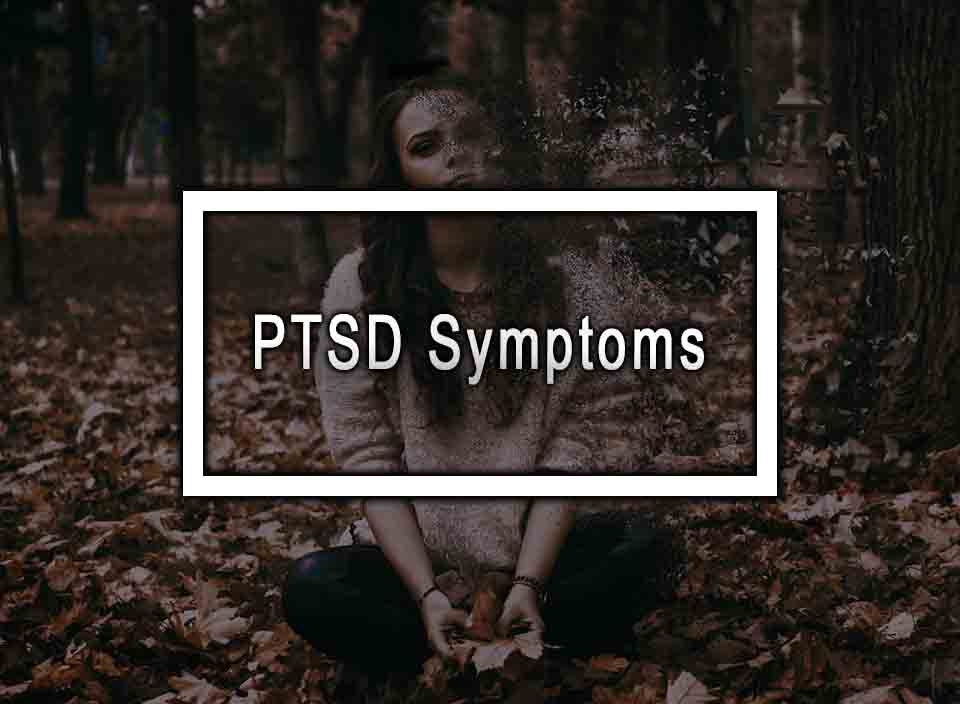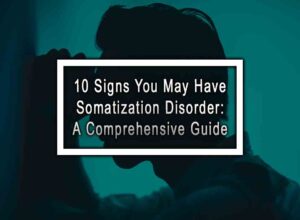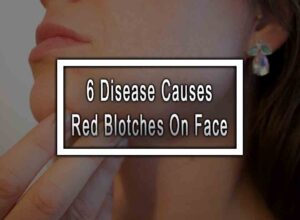Table of Contents
ToggleHere Are Some Common PTSD Symptoms
Post-traumatic stress disorder, commonly known as PTSD, is a mental health condition that affects people who have experienced or witnessed a traumatic event. The symptoms can be severe and long-lasting, disrupting a person’s ability to function in their everyday life. Unfortunately, PTSD affects millions of people worldwide, from war veterans to survivors of abuse, accidents, or natural disasters. In this article, we’ll explore the most common PTSD symptoms and how to recognize them.
Intrusive memories
This symptom is often described as “flashbacks” or “reliving the trauma.” It involves vivid and distressing memories of the traumatic event, which may be triggered by similar situations or sensations. Intrusive memories may also manifest as nightmares or repetitive thoughts that the person cannot control.
Avoidance behaviors
People with PTSD may go to great lengths to avoid anything that reminds them of the traumatic event. This can include avoiding certain places, people, or activities, or even completely withdrawing from social situations altogether.
Hyperarousal
One of the PTSD symptoms is hyperarousal a symptom that involves feeling constantly on guard or “jumpy.” People with PTSD may be easily startled, have difficulty sleeping, or experience intense feelings of anger, irritability, or anxiety.
Negative mood
People with PTSD may experience persistent feelings of guilt, shame, or hopelessness. They may also lose interest in things they used to enjoy, have difficulty feeling positive emotions, or feel emotionally numb.
Reckless or self-destructive behavior
In some cases, people with PTSD may engage in risky or dangerous behavior, such as substance abuse, reckless driving, or self-harm. This is often a way of coping with the intense emotions and numbness that come with PTSD.
Conclusion
The symptoms of PTSD can be devastating, but the good news is that there are many effective treatments available. If you or someone you know is experiencing any of the symptoms listed above, it’s important to seek professional help as soon as possible. Treatment may involve therapy, medication, or a combination of the two, and can help people with PTSD improve their quality of life and regain control over their thoughts and emotions. With the right support and treatment, it is possible to overcome PTSD and move forward toward a healthy, fulfilling life
PTSD Symptoms FAQ
Here are the most common questions about PTSD symptoms.
Can PTSD develop at any time?
PTSD can develop at any time after experiencing or witnessing a traumatic event, whether it occurred days, months, or even years ago.
Is PTSD only caused by combat exposure?
No, PTSD can be caused by any traumatic event, including physical or sexual assault, accidents, natural disasters, and medical trauma. While combat exposure is a common cause of PTSD, it is not the only cause.
How long does PTSD last?
PTSD can last for months or even years if left untreated. However, with proper treatment, symptoms can improve and eventually go away.
What treatments are available for PTSD?
Treatment options for PTSD include cognitive-behavioral therapy, medication, eye movement desensitization and reprocessing (EMDR), exposure therapy, and group therapy. It is important to find a treatment plan that works best for each individual’s specific needs.
Is PTSD curable?
While PTSD is not curable, with proper treatment, symptoms can be managed and reduced. Many individuals with PTSD find relief through therapy and medications.
What are the risk factors for developing PTSD?
Some risk factors for developing PTSD include experiencing or witnessing a traumatic event, having a history of mental health issues, having a history of trauma or abuse, lacking social support, and having a family history of mental health issues.
Can children develop PTSD?
Yes, children can develop PTSD. It is important for parents and caregivers to recognize the signs and symptoms of PTSD in children and seek appropriate treatment.
More like this: What Is Imposter Syndrome












